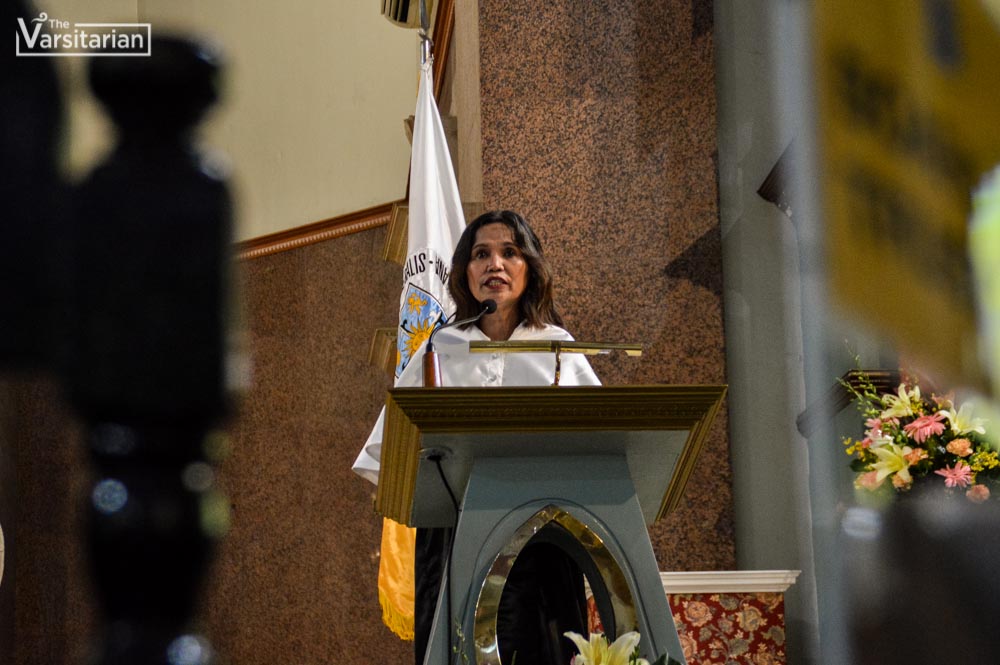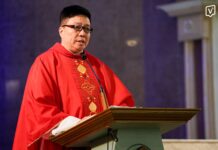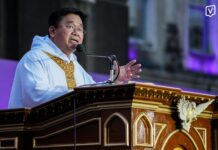CATHOLIC schools should focus on student formation and do away with marginalist and utilitarian practices and principles that turn education into a market-driven commodity, UST College of Education Dean Pilar Romero said in an international forum.
Romero said some institutions had fallen into the “pitfalls” of utilitarian education, which she said was characterized by an “undue emphasis between education and economic growth, and a growing obsession with performativity.”
“Catholic schools should be an educational power in the environment of predominant consumerism and materialism, through which transformation of moral, religious and societal levels can work,” she said during the 13th International Congress of the College of Social and Media Culture in Torun, Poland on Nov. 21, which had the theme, “Catholics and Education — Contemporary Challenges of Higher Education.”
“A market-driven education supported by a homogenized educational process is further abated by predominant consumerism and materialism as well as direct and indirect government control and interference. These militate against the authentic aim of education… [that is] the integral, physical, intellectual, social, moral and spiritual formation of the young,” Romero said.
To avoid these pitfalls, Romero said the delivery of Catholic education should not only focus on knowledge formation but also engaging learners in public service.
“[Catholic schools] must engage in communitarian discernment [to] ensure the formation of students towards a career that offer not only an attractive economic package but are also deeply immersed in the area of social responsibility,” Romero said.
The education dean called on Catholic schools to conduct research that articulates the mission of Catholic education to serve the church and the human family, and expresses preferential love for the poor.
UST is doing this by “promoting a vibrant research culture to serve the Church and the most vulnerable members of the society,” which advances the University’s mission of evangelization, she said.
“Our engagement in research is not solely for personal and professional gains but more importantly, it is a potent means for fulfilling our mission of service,” Romero said.
Romero also called on Catholic universities to listen to and understand the liberal views of the youth to bring them closer to the Church.
“An important action the Church should immediately undertake is to meet where the young people are and to listen to their views, and to draw them into dialogue instead of condemning and discriminating against them because of their liberal views,” she said.
To empower the youth, Romero said universities should use their “vocation for the benefit of the wider community” through the incorporation Catholic-imbued ideals in their co curricular and extracurricular activities.
Romero stressed that in the University, theology courses were not only a prerequisite for graduation but also help in the moral formation of students.
“Theology is a vital tool in assisting other disciplines in their search for meaning by helping them investigate how their discoveries will affect individuals and society [and] bring a perspective and an orientation not contained within their own methodologies,” Romero said.
Romero’s presentation was based on her paper, “The Wealth of the Catholic University in the Far East World in the Example of the Pontifical and Royal University of Santo Tomas in Manila, the Catholic University of the Philippines.” Sophia T. Sadang














